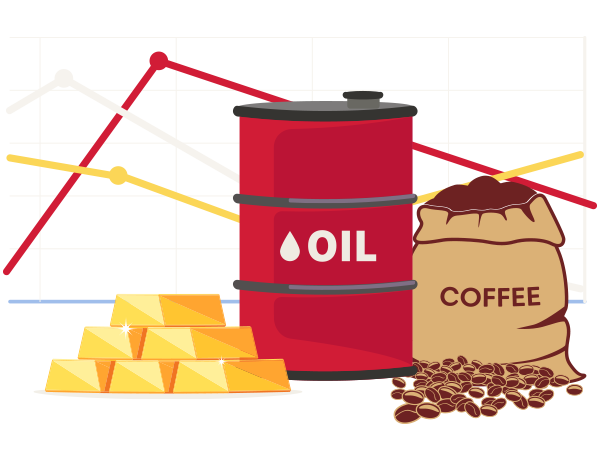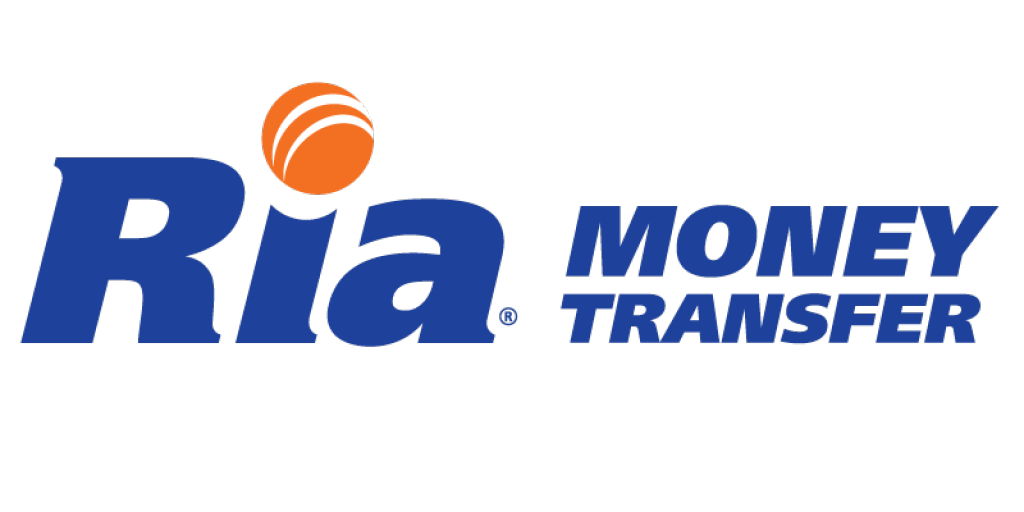Invest in Diverse Financial Instruments and Asset Classes
With XP invests you can monitor and analyze multiple markets with access to more than 1,000+ Stock, Forex, ETFs, and crypto symbols.
Provided by IFC Markets
Foreign Exchange (FX)
Foreign exchange or Forex trading (FX) market is considered to be the most liquid market in the world. Forex is traded in currency pairs and is traded over the counter (OTC), where trading occurs between two parties directly without the use of a central exchange. Forex pairs can be traded on different timeframes ranging from seconds to months. Market movements occur within FX and can cause the price to fluctuate. This can be due to external factors affecting the price of a currency, such as politics, inflation, economic growth, interest rate.
With approximately $6 trillion traded in the market every day, the FX market has the highest liquidity in the world. This means that one can buy almost any currency he wishes in high volumes any time the market is open. The FX market is open 24 hours, five days a week – Monday to Friday. Trading begins with the opening of the market in Australia, followed by Asia, and then Europe, followed by the US market until the markets closes on the weekend.
Commodities
Commodity trading involves the buying and selling of raw materials on a number of exchanges and is normally traded as a futures contract. Natural resources can include physical assets such as cotton, wheat, oil, and precious metals. The world economy is dependent on these natural resources being traded on exchanges that specialise in commodity trading.
There are a variety of complex factors which affect the production and consumption of commodities including politics, supply and demand, economic events, weather, natural disasters, and also the price of the USD as commodities are generally priced in the US currency. Commodity prices tend to establish persistent trends that can last from 5 to 10 years creating opportunities for trading commodities across all time frames.

Options
Options trading is the act of buying and selling options. These are contracts that give the holder the right, but not the obligation, to buy or sell an underlying asset at a set price, if it moves beyond that price within a set time frame.
Buying a call option gives you the right, but not the obligation, to buy an underlying market at a set price called the ‘strike’ on or before a set date. The more the market value increases, the more profit you can make.
Options are leveraged products much like CFDs and spread bets; they allow you to speculate on the movement of a market without owning the underlying asset. This means profits can be magnified as can your losses, if you’re selling options. When buying call options as spread bets or CFDs with us, you’ll never risk more than your initial payment when buying, just like trading an actual option, but when selling call or put options your risk is potentially unlimited (although your account balance will never fall below zero). Your positions will always be cash settled at expiry. You’ll never have to deliver, or take delivery of, the underlying.
Share CFDs
Share CFDs, also called stock CFDs, are contracts for difference on individual shares. They allow traders to speculate or invest in both positive and negative price movements without actually having to buy or sell the underlying share. A contract for difference is a derivative that allows a trader to participate in price movements without owning the underlying asset. With CFDs, traders can use leverage to increase their exposure, giving the trader flexibility to profit or lose from rising and falling prices. Share CFDs give traders the opportunity to profit or lose from the volatility of individual stocks as prices rise and fall with changing market sentiment and news events.
Advantages and Disadvantages of Trading Share CFDs
1. Individual shares can experience large price moves as companies fall in and out of favour.
2. CFDs allow traders to profit from rising and falling share prices and to use leverage to increase exposure.
3. Share CFDs can be used to trade pairs. A par trade comprises a long position in one stock and a short position in another stock.
Things to be aware of while Trading CFDs
1. Share prices can move quickly or gap when unexpected news hits the market.
2. As with any leveraged instrument, large losses can result from poor risk management.
3. When trading share CFDs, traders should keep up to date with company news.
Cryptocurrency
A cryptocurrency is a form of digital asset based on a network that is distributed across a large number of computers. This decentralized structure allows them to exist outside the control of governments and central authorities.
Cryptocurrencies can be mined, purchased from cryptocurrency exchanges, or rewarded for work done on a blockchain.
Cryptocurrency investments can generate profits. Cryptocurrency markets have skyrocketed in value over the past decade, at one point reaching almost $2 trillion. As of January 2023, Bitcoin was valued at more than $450 billion in crypto markets.
For cryptocurrency enthusiasts, ETFs are the holy grail that will boost liquidity and the adoption of cryptocurrencies for investment purposes. As far back as 2014, approximately five years after bitcoin (BTCUSD) first began trading at an exchange, the Winklevoss twins filed an ETF proposal for the cryptocurrency with the SEC








